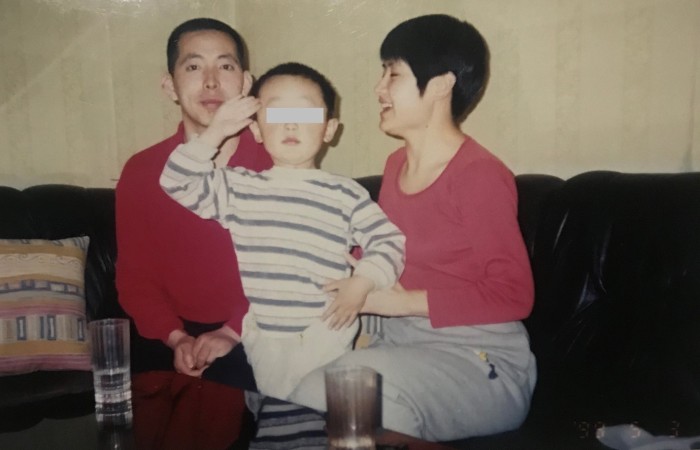Ten years ago today, Cao Shunli died in a military hospital in Beijing.
A prominent human rights activist, Ms Cao fought injustice in China for over a decade prior to her passing at the age of 53. In 2002, she was fired from a government job after she raised concerns about corruption in her department. Over the next 12 years she became a vocal advocate for human rights and anti-corruption, her work often specifically focused on the mistreatment of human rights defenders and petitioners (citizens who petition authorities for the redress of their grievances) by the Chinese authorities.
Continue reading “The world must honour the memory of Cao Shunli by standing up for human rights defenders in China”As is the case for so many others like her in China, Ms Cao’s work frequently put her at odd with the Chinese Communist Party (CCP). She was regularly subjected to arbitrary detention, house arrest and enforced disappearance, and served two stints in the country’s notorious labour camps for a total of 27 months.


